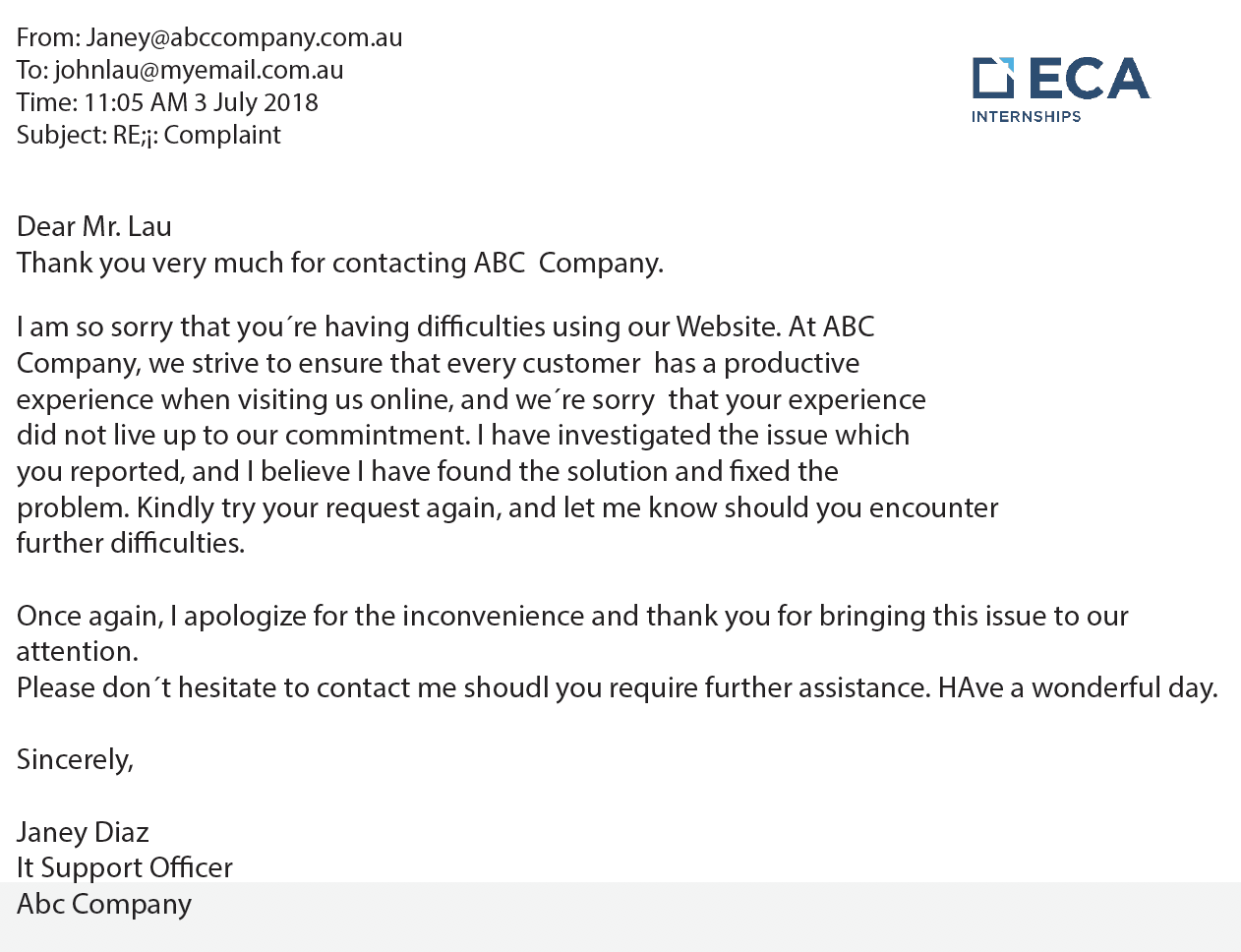
Understanding Australian Workplace Culture
1. Aussies are rather direct with their feedback. If they feel your work needs improvement, in general, an Aussie manager will let you know directly. Don’t take this personally. This isn’t done to insult you. Be receptive and try your best to meet their requirements. Ask for help if needed.
2. Punctuality is so important! Showing up late without calling ahead is seen as very disrespectful and will often lead to disciplinary action. If your train is delayed or your car breaks down, make sure you call your boss and let them know you’ll be late.
3. Professional presentation is key. Aussie employers will expect you to know how to present yourself as a professional. This means your appearance and hygiene must be up to Aussie standards.
Click here to check out the latest marketing internships opportunities in your area.
4. In Australia, it’s considered polite to get to know your coworkers. This doesn’t mean you need to pry about their personal life, but it’s expected that you’ll know a bit about their life outside of work, particularly the team or dept that you work with every day. Showing a disinterest can come across as cold.
5. Aussies do appreciate a bit of personal space in the workplace – about an arm’s length.
6. Aussies will drink alcohol at work events. This doesn’t mean you have to join in. You can certainly abstain if you don’t want to drink alcohol. However, if you choose to have a drink during a work event, don’t over indulge.
Click here to check out the top finance internships in your area.
7. Remember that in the Australian workplace, everyone is considered equal. Your boss will often ask your opinion and it’s common for people to get to know their building staff such as security guards and cleaners. Aussies work together and respect everyone’s role.
8. Aussies really like to shorten names. In some cultures, shortening someone’s name without their permission is considered rude, but not in Australia. It’s a sign of comradery.
9. Avoid any claims that you can’t back. You may think it makes you look more experienced and more knowledgeable, but if you get called out, it will hurt your reputation way more than you think.
Click here to check out the top accounting internships in your area.
Just listen to this advice from one of our teachers, Edward Gubbay. I asked him to talk about what he thinks are some key aspects of Australian Culture. Here’s what he had to say: What do you think are the 3 most important things to understand about the business culture for someone who wants to start their career here?
“First of all, there’s a flat hierarchy, meaning it’s generally ok to go straight to someone in a management position with a questions or concern as long as it’s done a respectful way. This is different than in some cultures where you would be expected to go to first address your direct supervisor, and then ask them to bring up your concern with their manager, and then their manager, etc. In Australia, as long as you’re professional and respectful, you can usually speak directly with most people in an organization. Second, Aussie employers really value work life balance. We don’t feel obligated to work heaps of overtime unless there really is a huge project or urgent deadline. Employers generally wouldn’t ask their workers to do. This. It’s not that we’re lazy, it’s just that, opposed to in some cultures where it is an unspoken expectation, Australians are a bit more understanding that their employees have other commitments and very aware of employee burnout, so they won’t encourage you to work until you drop. Third, Aussies value open communication. It’s ok to ask questions. No one will think you’re unintelligent or under qualified, as long as they can tell you’re putting in your best effort.”
What is something you find your students struggle to understand or adapt to in Australian business culture?
“I find that our cover letter format is pretty fixed and specific in Australia. We really expect it written a very certain way. My students don’t always understand how important this is. They may use language that would be appropriate in their culture, but gives a bad impression here. For example, a student may begin his or her cover letter with “Dear Most Honorable and Respectable Hiring Manager” thinking that they’re showing respect, but in Australia, that’s not the norm, and won’t be looked on favorably. It will be seen as someone who doesn’t know how to write a cover letter. Also, some students struggle to understand how important interviews are and what Aussie employers are really looking for during the interview. I always tell them, ‘If you’ve got the interview, you’re halfway there! They already know your technical skills from your resume. They want to see how you conduct yourself.’ Students don’t always understand that, at an interview, they’re really being judged on their professionalism and behavior and body language.”
Anything else you think international students and professionals should know about Aussie Culture in general?
“Aussies are social and enjoy small talk, both in the office and out, so it will help you relate if you can get comfortable with it as well. It starts with understanding what’s appropriate during small talk. Weather, weekend plans, anything interesting in the news are good choices. It’s a good idea to know a bit about sports, since Aussies love sports and talk about it a lot. You don’t have to become a huge fan or anything, but just knowing enough to make conversation will help you with small talk and building relationships. Also, Aussies don’t really flaunt their success. They congratulate each other on accomplishments and work hard, but it’s not looked on kindly to go around bragging about a raise or a huge house or something like that. You can mention it, but it’s a bit distasteful to shove it someone’s face.”
Excited to take up an offer in Australia? Start your search with ECA’s 12 week internship program by logging on to the portal now.







